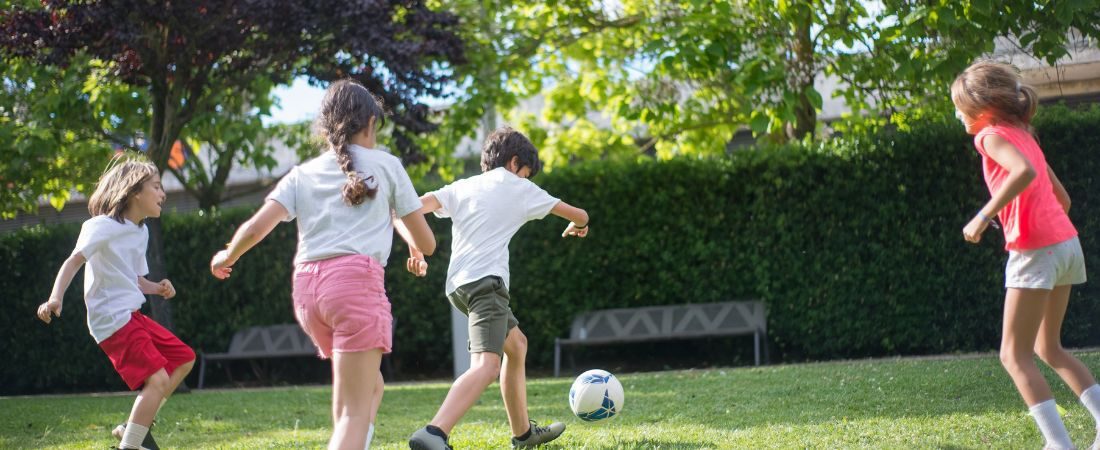
Children's residential care at First Blue Healthcare plays a crucial role in providing nurturing supportive environments. We deliver excellent care through positive leadership and inspirational staff, providing the support the young people in our care need to thrive and overcome the challenges they may face.
Many of the children and young people in our care have experienced adversity at some point in their lives. Any type of trauma in childhood can have a negative effect on mental well-being, that’s why it’s so important for us to provide loving, stable homes that enable the children to get the right support when and where it is needed.
Encouraging Positive Emotions
Experiencing enjoyment and expressing happiness should be a natural emotion and a response to pleasurable activities. However, this is not always the case for young people going into care, who can be fearful, stressed, angry, or suffering from other negative emotions. The adverse effect of regularly experiencing a state of unease and negativity can suppress feelings of happiness and enjoyment. Here at First Blue Healthcare we can address these problems. With the right care and support it is possible to significantly improve mental wellbeing and encourage positive emotions to surface, and therefore promote a better quality of life.
Our support encompasses all aspects of a young person’s life and can include individualised therapy undertaken in our special therapy room, to activities in the home and wider environment.
Therapeutic Care
First Blue Healthcare staff are all trained in the therapeutic approach to parenting which relates to the PACE model of care. With these skills, they can identify problems and work with our highly trained therapist in order to provide the children with individualised support that is specific to their needs.
We ensure all our resources are child-centered like our new much improved therapy room which has been designed to provide the perfect environment, with a priority on comfort, safety, and versatility.

Play Therapy
We also promote Play Therapy which is an effective method of unstructured therapy that encourages free creativity to build confidence, self-belief, and coping strategies. Children can choose from a variety of resources and use free play to express themselves, this could be through art and drawing, creating models or games.

Creating Enjoyable Experiences and Living in the Now
Let’s not forget the importance of everyday enjoyment and living in the now. For whatever reason, fear, lack of confidence, procrastination and overthinking can cause stress, introversion and avoidance. We encourage children to keep active, have hobbies and focus on the positive things they enjoy. Encouraging group activities, team games and interests also help to break down barriers and promote trust in others.
The emotional benefits of having enjoyable experiences:
- Stress Relief: Engaging in activities that are fun can be an excellent antidote to stress. Fun and laughter release endorphins which promote relaxation and reduce anxiety. They also can help focus the mind on the here and now which staves off negative intrusive thoughts.
- Emotional Resilience: Fun, laughter and participating in enjoyable activities act as powerful emotional medicine. This can help children in care to cope with challenging situations by providing a release valve for negative emotions. Laughter has been shown to improve the ability to regulate emotions, encourage resilience and increase overall emotional well-being.
- Strengthening Relationships: Shared experiences that are fun have a unique way of strengthening connections with others. When children engage in enjoyable activities together, they create shared memories, foster camaraderie, and deepen relationships which provides a sense of belonging.
- Boosting Creativity: Engaging in enjoyable activities stimulates creativity, it enables children to tap into their natural curiosity, explore new possibilities, make choices and in turn improve confidence in their own ability.
First Blue Healthcare residential services are for young people aged 6-18 who have a range of complex needs. You can find out more about us, our homes and our services here

